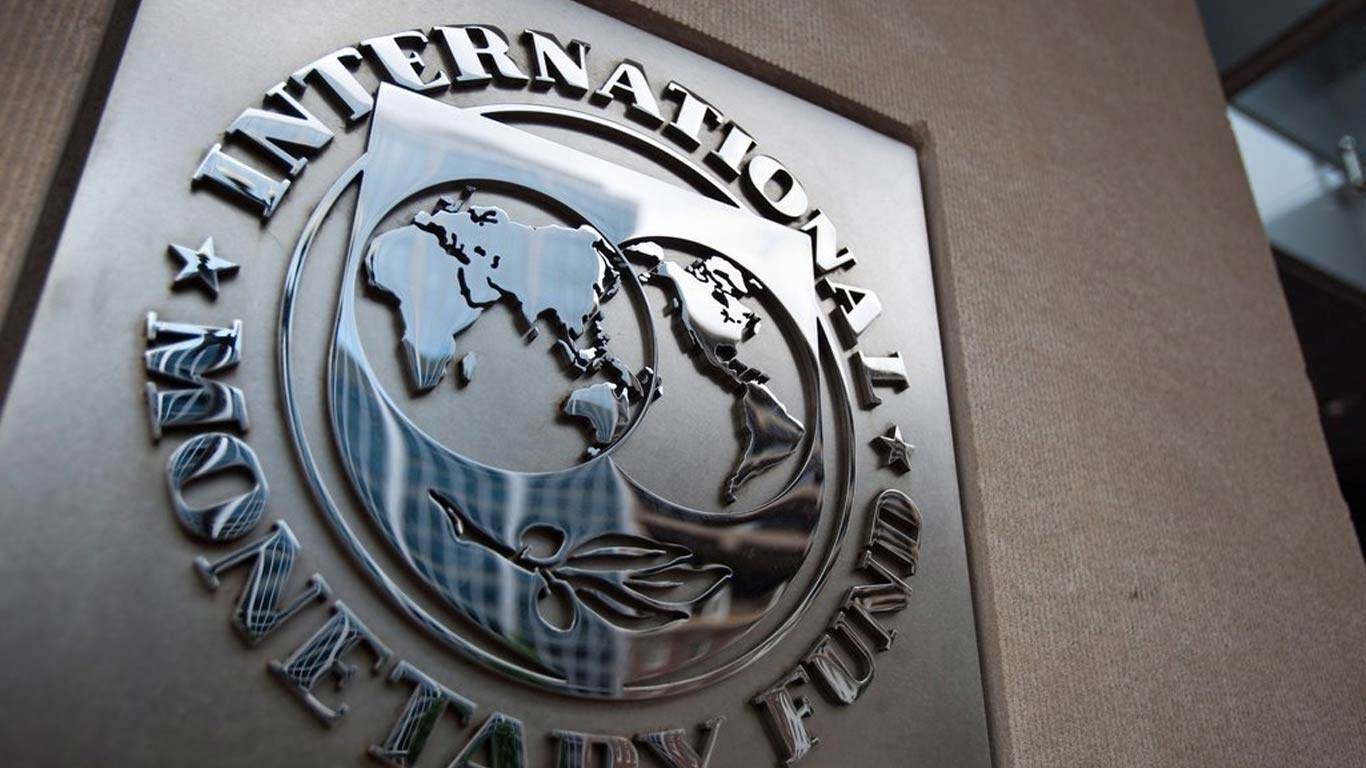RBI relaxes norms for merchanting trade transactions
Updated: Mar 31, 2014 12:28:06pm

The move comes following suggestions received from merchanting traders and trade bodies, as per an RBI circular of March-28. The existing guidelines were then reviewed in the light of the recommendations of the Technical Committee on Services / Facilities to Exporters.
According to the revised guidelines which would come into effect for transactions initiated after January 17, 2014, “For a trade to be classified as merchanting trade following conditions should be satisfied: Goods acquired should not enter the Domestic Tariff Area; and the state of the goods should not undergo any transformation.”
Goods involved in the merchanting trade transactions would be the ones that are permitted for exports / imports under the prevailing Foreign Trade Policy (FTP) of India.
Further, Authorised Dealer (AD) banks should be satisfied with the bonafides of the transactions. Further, KYC and AML guidelines should be observed by the AD bank while handling such transactions.
Both the legs of a merchanting trade transaction should also be routed through the same AD bank, which should verify the documents, the circular said.
In addition, the entire merchanting trade transactions should be completed within an overall period of nine months and there should not be any outlay of foreign exchange beyond four months.
The commencement of merchanting trade would be the date of shipment/export leg receipt or import leg payment, whichever is first.
In case advance against the export leg is received by the merchanting trader, the AD bank should ensure that the same is earmarked for making payments for imports, it said.
However, the AD bank may allow short-term deployment of such funds for the intervening period in an interest bearing account.
Merchanting traders may be allowed to make advance payment for the import leg on demand made by the overseas seller.
It may, however, be ensured that for any such advance payment for the import leg beyond USD 200,000 per transaction, the same should be paid against bank guarantee/LC from an international bank of repute except in cases and to the extent where payment for export leg has been received in advance.
Letter of credit to the supplier is permitted against confirmed export order keeping in view the outlay and completion of the transaction within nine months.
Payment for import leg may also be allowed to be made out of the balances in Exchange Earners Foreign Currency Account (EEFC) of the merchant trader.
AD bank should ensure one-to-one matching in case of each merchanting trade transaction and report defaults in any leg by the traders to the concerned Regional Office of RBI, on half yearly basis, the RBI circular said.
The names of defaulting merchanting traders, where outstandings reach 5 per cent of their annual export earnings, would be caution-listed, it said. (KNN /ES)











